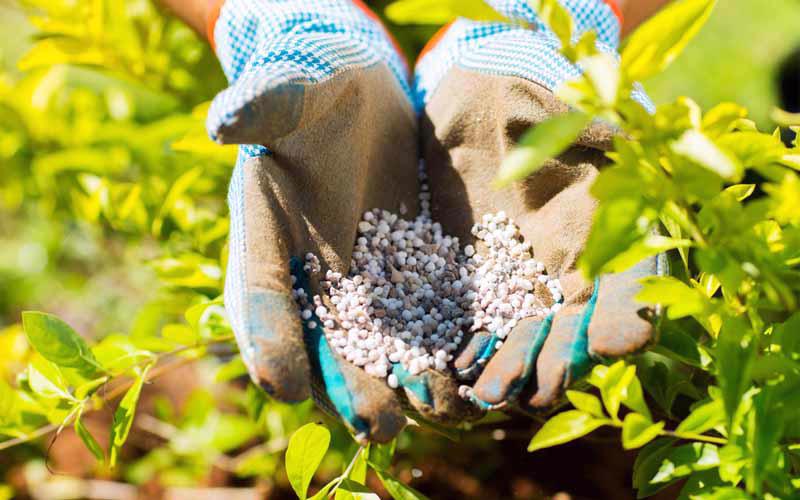Vietnam and the United States have embarked on a joint venture to transform the country's rice sector. The "Fertilize Right" project, with a $4.4 million USDA investment, aims to slash emissions and increase farmer income through precise fertilizer usage.
This collaboration underscores Vietnam's commitment to sustainable agriculture as a key economic driver.
Fertilizer: A Double-Edged Sword
Rice is Vietnam's economic backbone, accounting for 6% of its GDP. But heavy fertilizer use, often inefficiently applied, curbs profits and drives emissions. Vietnam's rice sector has a significant carbon footprint, with over 30% of emissions linked to fertilizers.
The "Fertilize Right" project will roll out in six key rice-growing provinces, providing training to over 2,600 farmers. The goal is to reduce greenhouse gas emissions by an amount equal to 56,000 tonnes of CO2 annually.
Vietnam's Sustainability Push
"Our goal is an emission-reducing, high-quality rice value chain," affirmed Deputy Minister of Agriculture and Rural Development Hoang Trung. This project complements Vietnam's broader sustainability push, including initiatives to promote organic fertilizer and integrated plant health management.
U.S. Ambassador Marc Knapper highlighted Vietnam's importance for global food security and the opportunity for bilateral cooperation.
"The Fertilizer Right Project will offer technical support and training for rice farmers to enhance their livelihoods, ensure food security, and improve soil health," he said.
The Right Tools for the Job
The project, led by the International Rice Research Institute, will promote the "4Rs" of nutrient management: the right source, rate, time, and place. This science-based approach is expected to increase yields and cut costs. Success in the pilot provinces will pave the way for broader adoption of these practices.









 Google translate
Google translate